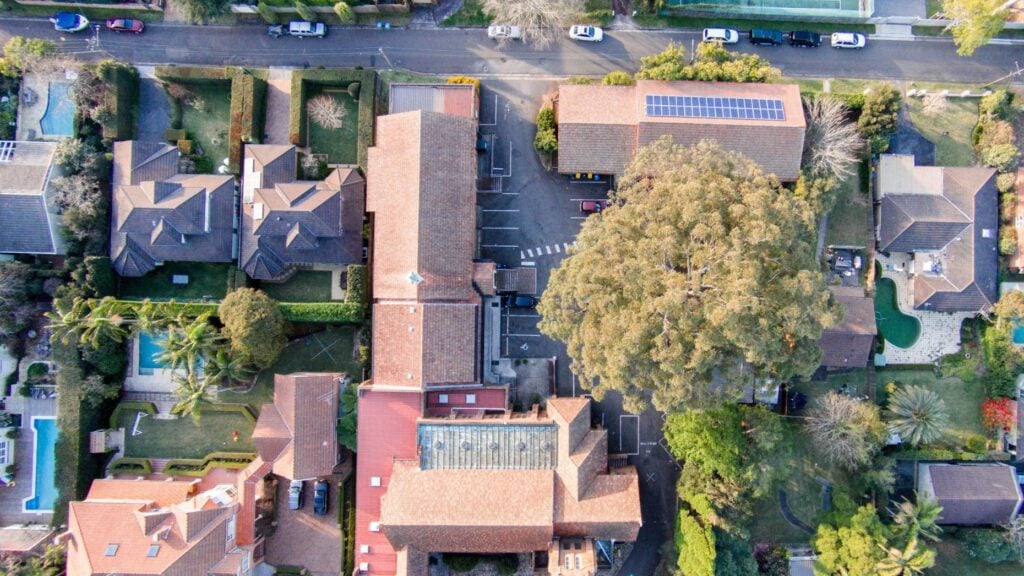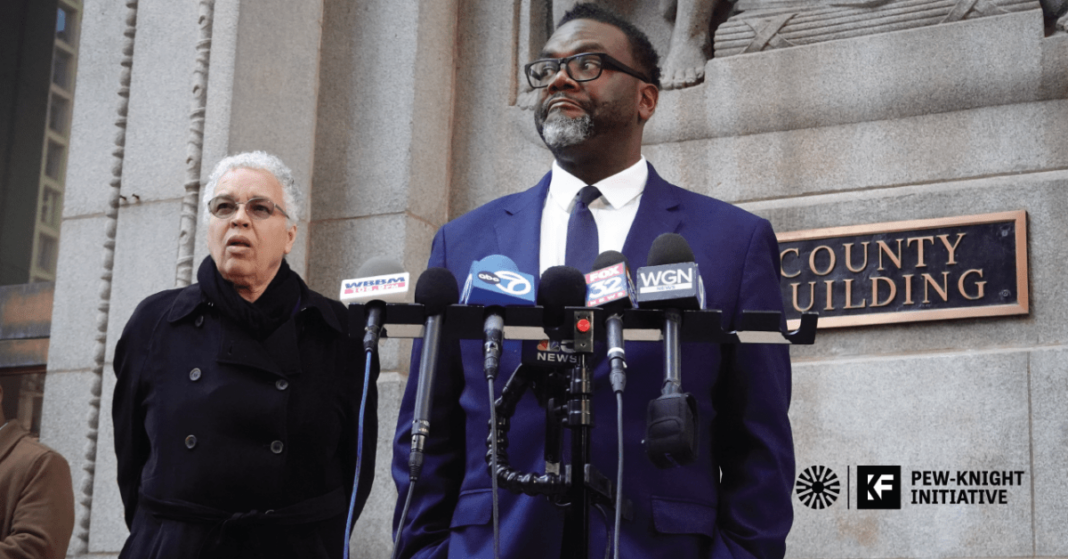Cost of Insurance, Property Tax Top Triggers of Mortgage Delinquencies
Introduction
When it comes to owning a home, there are many expenses to consider beyond just the price of the property. One of the major costs that homeowners must contend with is the cost of insurance and property taxes. These expenses can add up quickly and if not managed properly, can lead to mortgage delinquencies. In this article, we will explore the impact of the cost of insurance and property taxes on mortgage delinquencies and offer some tips for managing these expenses effectively.
The Cost of Insurance
Insurance is a critical expense for homeowners, as it provides protection in case of damage to the property or its contents. There are several types of insurance that homeowners may need to consider, including homeowners insurance, flood insurance, and mortgage insurance. The cost of insurance can vary depending on the location of the property, the size and value of the home, and the coverage options chosen by the homeowner.
Impact on Mortgage Delinquencies
When homeowners are unable to afford their insurance premiums, they may be at risk of falling behind on their mortgage payments. If a homeowner fails to maintain adequate insurance coverage, the lender may be forced to purchase insurance on the property and add the cost to the homeowner’s monthly mortgage payments. This can make it even more difficult for the homeowner to keep up with their payments and can ultimately lead to mortgage delinquencies.
Tips for Managing Insurance Costs
There are several steps that homeowners can take to manage their insurance costs effectively. One of the most important things is to shop around and compare quotes from multiple insurance providers to ensure that they are getting the best possible rate. Homeowners should also review their coverage regularly to make sure that they are not paying for more insurance than they need.
Property Taxes
Property taxes are another major expense for homeowners, as they are used to fund local government services such as schools, parks, and roads. The amount of property taxes paid by homeowners is based on the assessed value of the property and can vary depending on where the property is located.
Impact on Mortgage Delinquencies
When homeowners are unable to pay their property taxes, they may be at risk of losing their home through foreclosure. In some cases, the government may place a tax lien on the property and ultimately sell it at auction to recoup the unpaid taxes. This can be a devastating outcome for homeowners and can lead to mortgage delinquencies and even loss of their home.
Tips for Managing Property Taxes
One way that homeowners can manage their property taxes is by taking advantage of any available tax breaks or exemptions. For example, some homeowners may qualify for a homestead exemption, which can reduce the assessed value of their property and lower their tax bill. Homeowners should also be aware of any changes in property tax rates or assessments and budget accordingly.
Conclusion
The cost of insurance and property taxes are major expenses for homeowners that can impact their ability to pay their mortgage on time. By understanding the impact of these expenses on mortgage delinquencies and taking proactive steps to manage them effectively, homeowners can protect their investment and avoid potential financial hardship. It is important for homeowners to regularly review their insurance coverage and property tax bills to ensure that they are not overpaying and to explore any available options for reducing these costs.
Frequently Asked Questions
Q: Can I reduce my insurance costs?
A: Yes, homeowners can reduce their insurance costs by shopping around for quotes, raising their deductibles, and bundling their insurance policies with the same provider.
Q: What happens if I fall behind on my property taxes?
A: If you fall behind on your property taxes, the government may place a tax lien on your property and ultimately sell it at auction to recoup the unpaid taxes.
Q: How can I qualify for a homestead exemption?
A: Homeowners can typically qualify for a homestead exemption by using their property as their primary residence and meeting certain criteria set by their local government.




